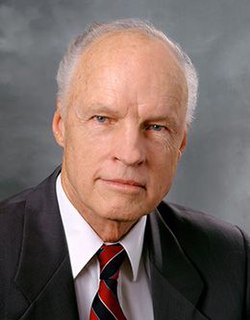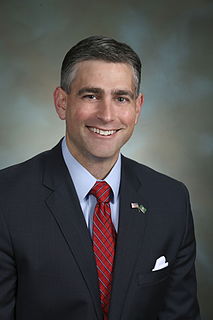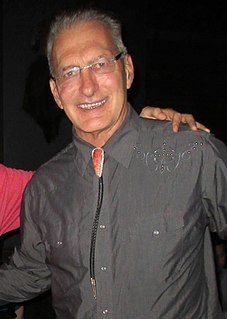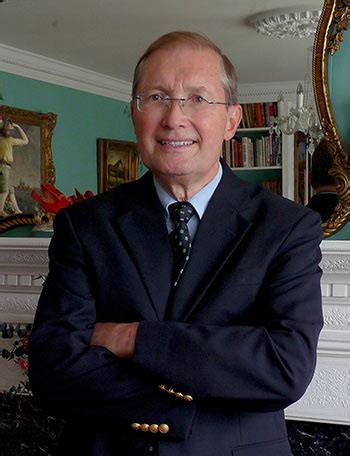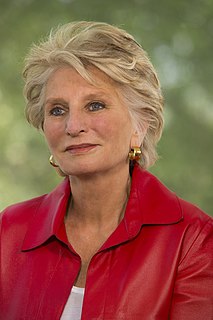A Quote by Edward Snowden
The question is: Particularly in the post-9/11 era, are societies becoming more liberal or more authoritarian?
Quote Topics
Related Quotes
One concern I had while I was working actively in the intelligence community - being someone who had broad access, who was exposed to more reports than average individuals, who had a better understanding of the bigger picture - was that the post - World War II, post - Cold War directions of societies were either broadly authoritarian or [broadly] liberal or libertarian.
Cantwell is so extreme that she doesn't see anything wrong with 11-year-old girls getting Plan B without a prescription. She is more liberal than Health and Human Services Secretary Kathleen Sebelius and more liberal than President Obama. That is pretty extreme - a lot farther to the Left than most Washingtonians are comfortable with.
9/11 was just an enormous event in so many senses of the word - I mean, we are still in the "post-9/11 era" and perhaps will be forever? Sometimes it seems like it. It was such a monstrous act of imagination over anything else - the actual fatalities, while awful, were not what distinguished the event from others.
I like texting as much as the next kidult - and embrace it as yet more evidence, along with email, that we live now in the post-aural age, when an unsolicited phone call is, thankfully, becoming more and more understood to be an unspeakable social solecism, tantamount to an impertinent invasion of privacy.



